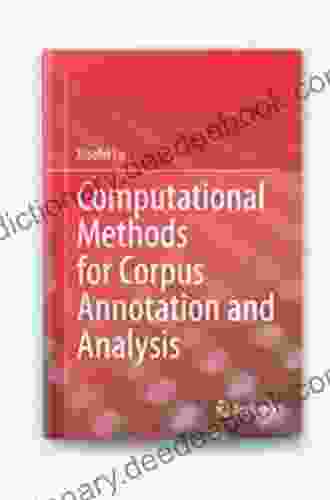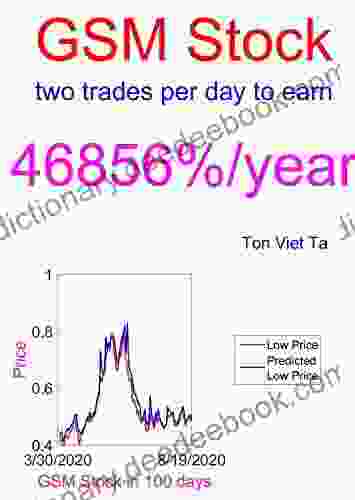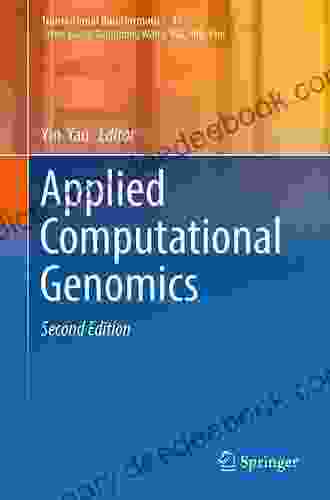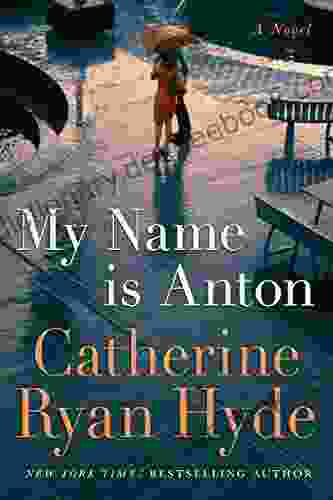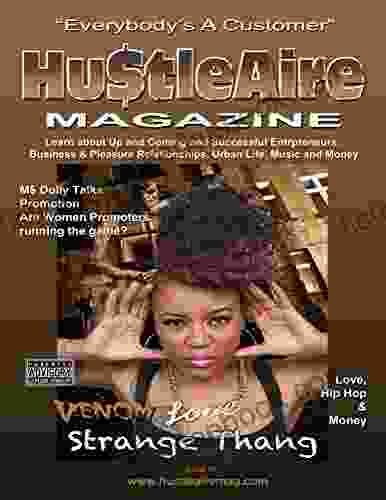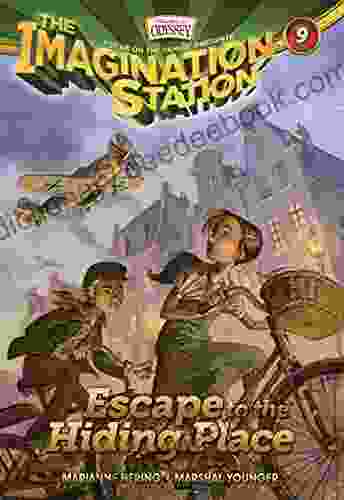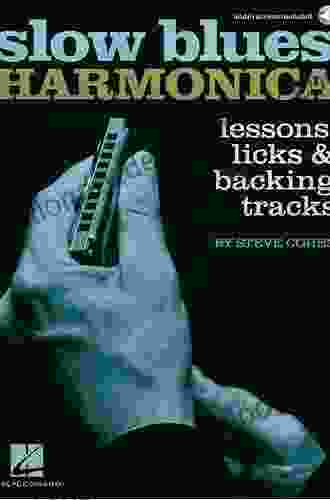Computational Methods for Corpus Annotation and Analysis: Unveiling Linguistic Patterns and Insights

In the realm of linguistic research, corpora - large collections of text data - serve as invaluable resources for unraveling the intricacies of language. Computational methods have revolutionized the way corpora are annotated and analyzed, empowering researchers to uncover linguistic patterns and derive meaningful insights from vast amounts of text data. This article delves into the innovative computational approaches employed for corpus annotation and analysis, shedding light on their significance and the advantages they offer.
5 out of 5
| Language | : | English |
| File size | : | 2646 KB |
| Text-to-Speech | : | Enabled |
| Screen Reader | : | Supported |
| Enhanced typesetting | : | Enabled |
| Print length | : | 202 pages |
Corpus Annotation
Corpus annotation involves the addition of linguistic information to text data, enriching it with valuable metadata that aids in subsequent analysis. Computational methods have streamlined this process, enabling researchers to annotate large corpora with greater speed and accuracy.
Automated Annotation Tools
Automated annotation tools leverage natural language processing (NLP) techniques to automatically assign linguistic tags to text, such as part-of-speech tags, syntactic labels, and semantic roles. These tools employ statistical models trained on annotated corpora, allowing them to make informed predictions about the linguistic properties of unseen text.
Semi-Automated Annotation
Semi-automated annotation combines human expertise with computational assistance. Researchers can utilize annotation tools to suggest potential annotations, which are then reviewed and corrected by human annotators. This approach combines the efficiency of automated annotation with the precision of human judgment.
Crowdsourcing Platforms
Crowdsourcing platforms enable researchers to distribute annotation tasks to a large pool of annotators online. By leveraging the collective knowledge of multiple annotators, crowdsourcing platforms ensure the diversity and reliability of annotations. These platforms also provide quality control mechanisms to ensure the accuracy of annotations.
Corpus Analysis
Corpus analysis involves the examination of annotated corpora to identify linguistic patterns and extract meaningful insights about language structure and usage. Computational methods have transformed corpus analysis, enabling researchers to perform complex linguistic analyses on large datasets with unprecedented efficiency.
Collocation Analysis
Collocation analysis identifies frequently co-occurring word sequences within a corpus. Computational methods can automatically extract collocations and compute their statistical significance, revealing insights into the semantic relationships between words and phrases.
Discourse Analysis
Discourse analysis examines the organization and flow of language in texts. Computational methods enable researchers to analyze discourse markers, coherence relations, and speech acts, shedding light on the communicative strategies and intentions of speakers and writers.
Stylometric Analysis
Stylometric analysis involves measuring linguistic features to identify the author or genre of a text. Computational methods can extract a wide range of stylistic features, such as word frequency, sentence length, and vocabulary diversity, enabling researchers to make informed attributions and classify texts based on their linguistic characteristics.
Benefits of Computational Methods
The integration of computational methods into corpus annotation and analysis offers numerous benefits:
Efficiency and Speed
Computational methods automate many tasks that were previously carried out manually, significantly reducing the time and effort required for corpus annotation and analysis.
Consistency and Reliability
Automated annotation tools ensure consistency and reliability in the annotation process, reducing the risk of human error and bias.
Scalability
Computational methods enable the analysis of large corpora, which would be impractical to analyze manually.
Objectivity and Transparency
Computational methods provide objective and transparent analyses, as the algorithms used are explicitly defined and repeatable.
Challenges and Future Directions
While computational methods have revolutionized corpus annotation and analysis, there are still challenges to address:
Data Quality and Bias
The quality and representativeness of the corpus used for annotation and analysis can impact the validity of the results.
Ambiguity and Complexity
Language is inherently ambiguous and complex, and computational methods may struggle to handle certain linguistic phenomena accurately.
Ethical Considerations
The use of large corpora for analysis raises ethical considerations regarding privacy and data protection.
Future research will focus on addressing these challenges and developing even more powerful computational methods for corpus annotation and analysis. Researchers will explore new techniques for handling ambiguity and complexity, improving data quality, and ensuring ethical practices in corpus research.
Computational methods have transformed the field of corpus annotation and analysis, enabling researchers to uncover linguistic patterns and derive meaningful insights from vast amounts of text data. From automated annotation tools to sophisticated analysis techniques, computational methods have revolutionized the way we study language. As these methods continue to evolve, we can expect even more exciting discoveries and advancements in our understanding of language structure and usage.
5 out of 5
| Language | : | English |
| File size | : | 2646 KB |
| Text-to-Speech | : | Enabled |
| Screen Reader | : | Supported |
| Enhanced typesetting | : | Enabled |
| Print length | : | 202 pages |
Do you want to contribute by writing guest posts on this blog?
Please contact us and send us a resume of previous articles that you have written.
 Book
Book Novel
Novel Page
Page Chapter
Chapter Text
Text Reader
Reader Paperback
Paperback E-book
E-book Newspaper
Newspaper Paragraph
Paragraph Sentence
Sentence Bookmark
Bookmark Shelf
Shelf Glossary
Glossary Bibliography
Bibliography Preface
Preface Footnote
Footnote Manuscript
Manuscript Scroll
Scroll Tome
Tome Bestseller
Bestseller Library card
Library card Narrative
Narrative Biography
Biography Autobiography
Autobiography Dictionary
Dictionary Narrator
Narrator Character
Character Resolution
Resolution Librarian
Librarian Stacks
Stacks Periodicals
Periodicals Study
Study Research
Research Lending
Lending Reserve
Reserve Interlibrary
Interlibrary Dissertation
Dissertation Awards
Awards Book Club
Book Club Gail Meath
Gail Meath Nancy J Parezo
Nancy J Parezo Nils Norrsell
Nils Norrsell David Mikics
David Mikics C J Sansom
C J Sansom David Boud
David Boud Claire Crompton
Claire Crompton Gene Del Vecchio
Gene Del Vecchio Brian E Fisher
Brian E Fisher Judith Eichler Weber
Judith Eichler Weber J Wesley Fisher
J Wesley Fisher Nikolai Popov
Nikolai Popov Dana Patton
Dana Patton Patience Tamarra
Patience Tamarra F X Charet
F X Charet Gary Metcalfe
Gary Metcalfe Alanna Okun
Alanna Okun Joseph A Laydon Jr
Joseph A Laydon Jr Kathryn Ann Kingsley
Kathryn Ann Kingsley Dana Desonie
Dana Desonie
Light bulbAdvertise smarter! Our strategic ad space ensures maximum exposure. Reserve your spot today!

 Howard BlairUnleash Your Wild Side: An Immersive Journey into the Ginnie West Adventure...
Howard BlairUnleash Your Wild Side: An Immersive Journey into the Ginnie West Adventure...
 George Bernard ShawUnveiling the Enigmatic Depths of Her Sister's Secret: A Journey of Unveiled...
George Bernard ShawUnveiling the Enigmatic Depths of Her Sister's Secret: A Journey of Unveiled... Ian MitchellFollow ·11.2k
Ian MitchellFollow ·11.2k Graham BlairFollow ·10.1k
Graham BlairFollow ·10.1k Allen GinsbergFollow ·18.3k
Allen GinsbergFollow ·18.3k Esteban CoxFollow ·9.1k
Esteban CoxFollow ·9.1k Jaylen MitchellFollow ·13.1k
Jaylen MitchellFollow ·13.1k Fletcher MitchellFollow ·12.3k
Fletcher MitchellFollow ·12.3k Angelo WardFollow ·8.2k
Angelo WardFollow ·8.2k Chase MorrisFollow ·8.7k
Chase MorrisFollow ·8.7k

 Jerome Powell
Jerome PowellBarbara Randle: More Crazy Quilting With Attitude -...
A Trailblazing Pioneer in...
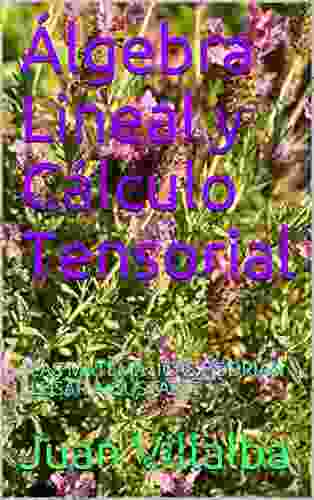
 Jan Mitchell
Jan MitchellLapax: A Dystopian Novel by Juan Villalba Explores the...
In the realm of dystopian literature, Juan...
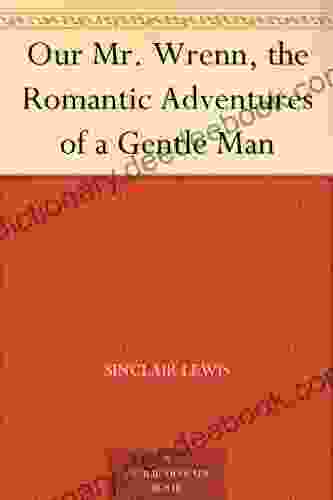
 Rodney Parker
Rodney ParkerOur Mr. Wrenn: The Romantic Adventures of a Gentle Man
Our Mr. Wrenn is a 1937 novel...
5 out of 5
| Language | : | English |
| File size | : | 2646 KB |
| Text-to-Speech | : | Enabled |
| Screen Reader | : | Supported |
| Enhanced typesetting | : | Enabled |
| Print length | : | 202 pages |


